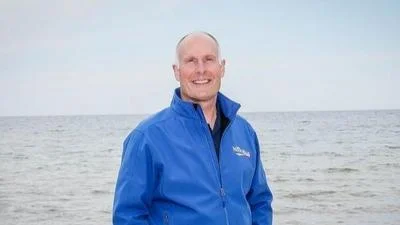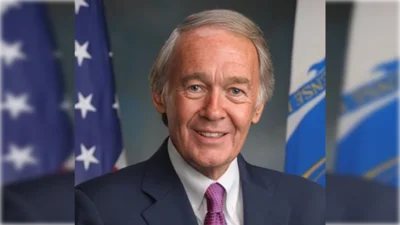Washington, D.C. -Rep. James E. Clyburn, Chairman of the Select Subcommittee on the Coronavirus Crisis, delivered the following opening statement at today’s hybrid hearing examining the challenges faced by state and local public health officials and departments during the coronavirus pandemic:
Remarks (As Delivered):
Good afternoon. The Committee will come to order. Without objection, the Chair is authorized to declare a recess of the Committee at any time.
I now recognize myself for an opening statement.
For decades, state and local public health departments have been chronically underfunded and understaffed.
Throughout the pandemic, we have seen firsthand how our under-resourced public health system was ill-equipped for such a large-scale emergency-with limited disease monitoring and surveillance capabilities, testing and reporting deficiencies, and outdated technology hampering the response.
The response was also impacted by significant cuts in the public health workforce over many years. As this chart reflects, in the past decade, at least 37,000 state and local public health jobs were eliminated-leaving a skeletal workforce that was stretched thin even before the coronavirus first reached our shores.
This persistent underinvestment in our public health system hasn’t just hampered our response to this pandemic. It also limits our ability to reduce and manage chronic illnesses, implement prevention and preparedness programs, and promote good health behaviors-which research has shown can reduce overall health spending. It is clearly long past time that we commit to investing sustainably in state and local public health departments.
While many of the challenges facing public health agencies are longstanding, since the start of the coronavirus pandemic we have observed a potentially even more dangerous trend: the reckless politicization of public health.
Since the pandemic began, public health officials have faced unprecedented levels of harassment, threats, and attacks from members of the public-particularly in response to their attempts to adopt proven mitigation measures such as mask and social distancing guidelines, after they were recklessly politicized by the past president and his anti-science allies.
One local health official was repeatedly threatened for issuing public health orders by a man with ties to the far-right, who was found with more than 130 firearms and explosive materials when police arrested him for stalking and threatening the official. Another official’s family home was surrounded by anti-science protesters who used bullhorns and sirens to amplify their hostile rants against her every Sunday for multiple weeks. These are just a few of many similar stories.
It is abhorrent that public health officials and their families have received death threats, had their homes vandalized, and faced other malicious attacks for following the science and taking steps to save American lives.
Alarmingly, this dangerous movement to politicize public health has extended to elected officials across the country. At least 26 states have enacted laws during the pandemic permanently weakening public health authorities.
At least 16 states-including Ohio and Kansas, the home states of two of our witnesses here today-have passed laws limiting public health officials’ authority to issue mask requirements or quarantine and isolation orders-not just during the coronavirus pandemic, but in any future infectious disease outbreak. Republican governors, like Florida Governor Ron DeSantis and Texas Governor Greg Abbott, have also sidelined public health experts by issuing executive orders to prohibit localities from implementing commonsense protective measures.
Experts warn that these actions recklessly inject politics into public health decision making-resulting in more cases and deaths from the coronavirus, undermining public health officials’ ability to combat future disease outbreaks, and threatening any effort to improve the health of the American people.
Amid this dangerous movement to politicize public health, more than 300 state and local public health leaders have left their jobs during the pandemic, marking the largest exodus of public health officials in United States history.
Let me be clear: Any effort to undermine the longstanding authority of public health officials to keep Americans safe is short-sighted and dangerous. To do so for political purposes is simply unconscionable. We must stand up for our public health leaders and reject attempts to sideline public health experts.
Fortunately, the Biden Administration is taking bold action to protect, rebuild, and strengthen the nation’s public health infrastructure. Using funding Democrats in Congress provided in the American Rescue Plan, the Biden Administration is investing billions of dollars to help states and localities expand their public health departments and prepare for future pandemics. This includes investments in programs to teach and recruit students from historically Black colleges and universities and other minority-serving institutions to be the next generation of public health leaders.
I commend President Biden’s historic efforts to revitalize our public health system. We must keep building on this progress to ensure our public health workforce consistently receives the resources it needs over the long term.
I want to thank our witnesses for being with us here today. I look forward to learning more about the challenges you have experienced working on the front lines of the pandemic response, and how we can better support and strengthen our state and local public health infrastructure.
I now yield to the Ranking Member for his opening statement.









